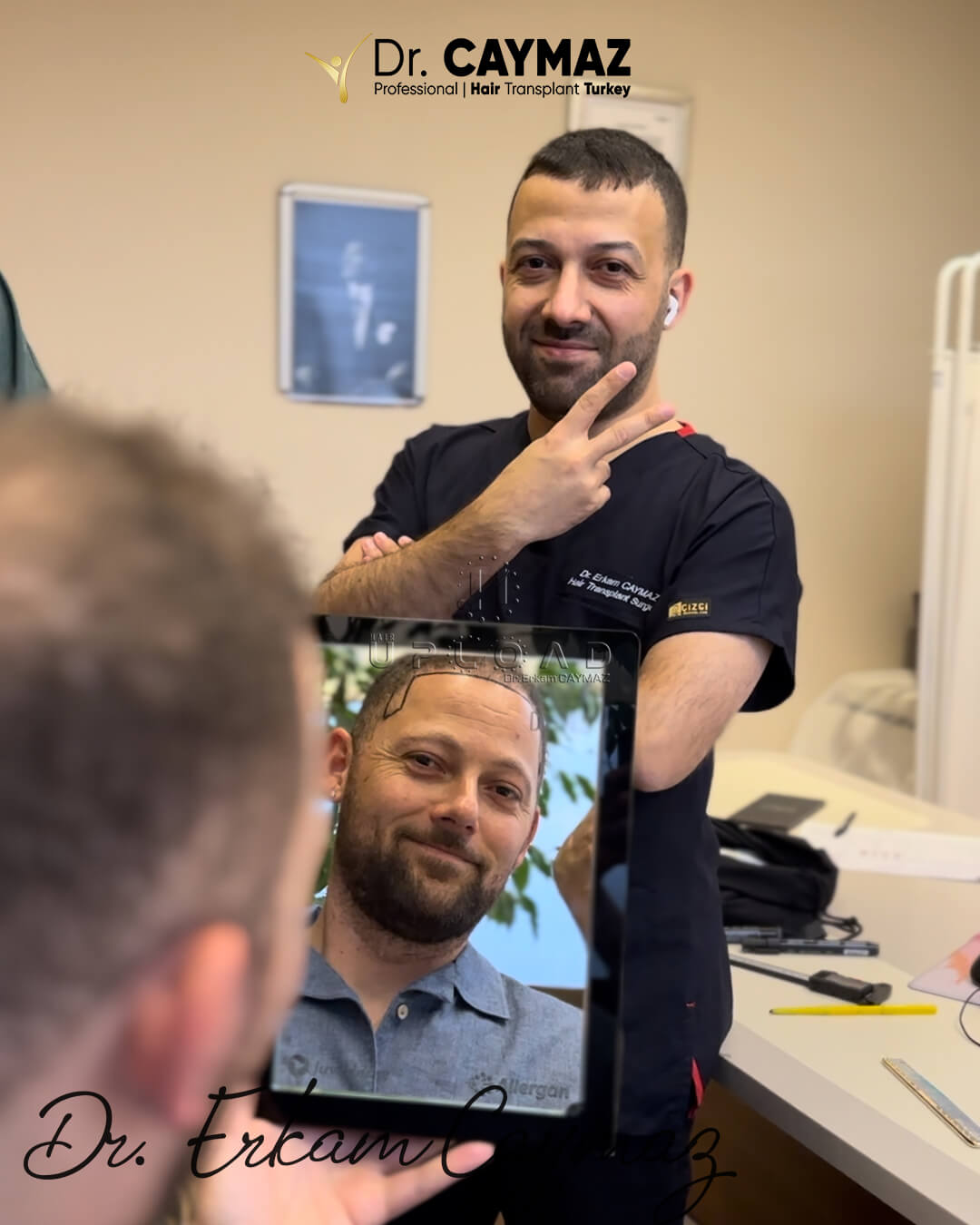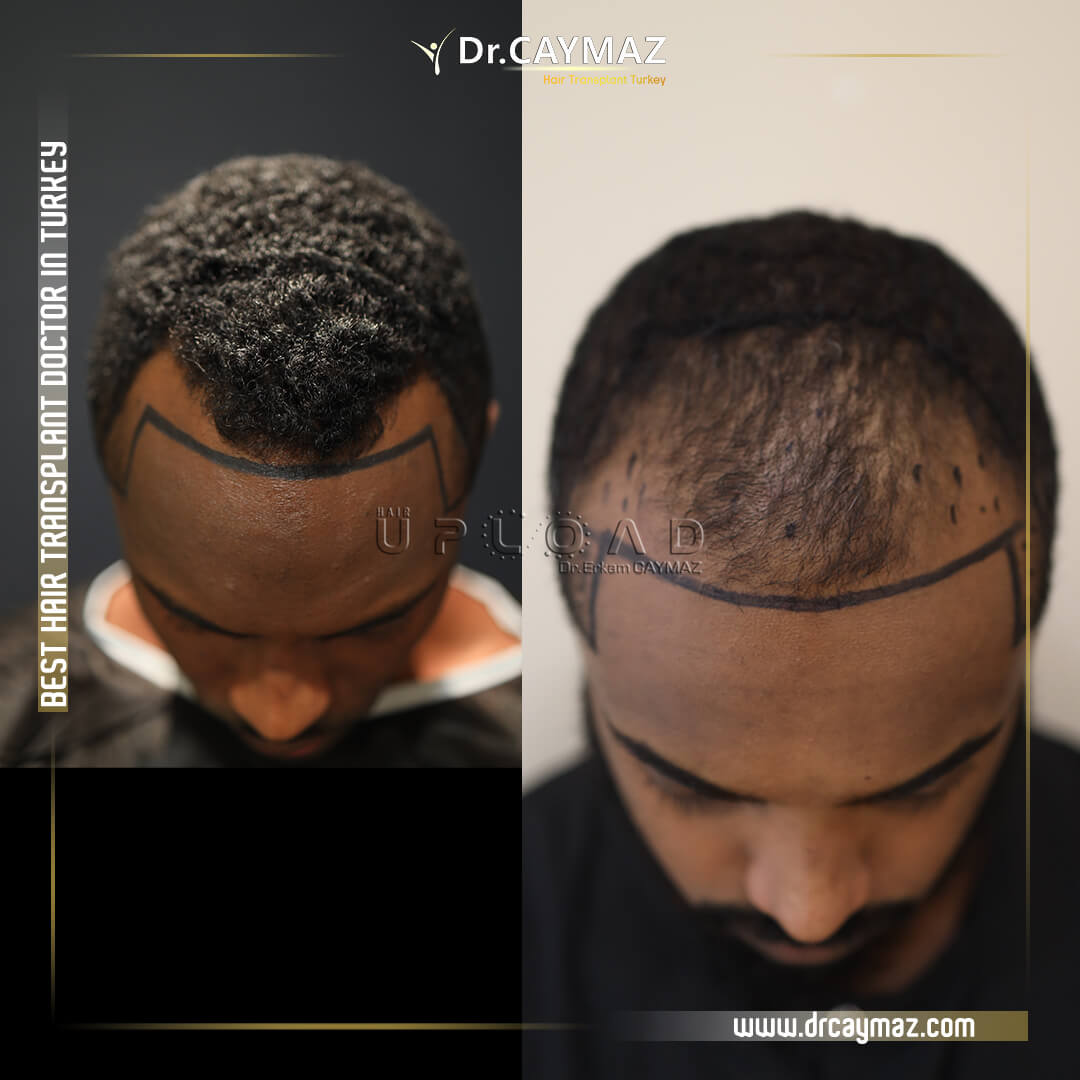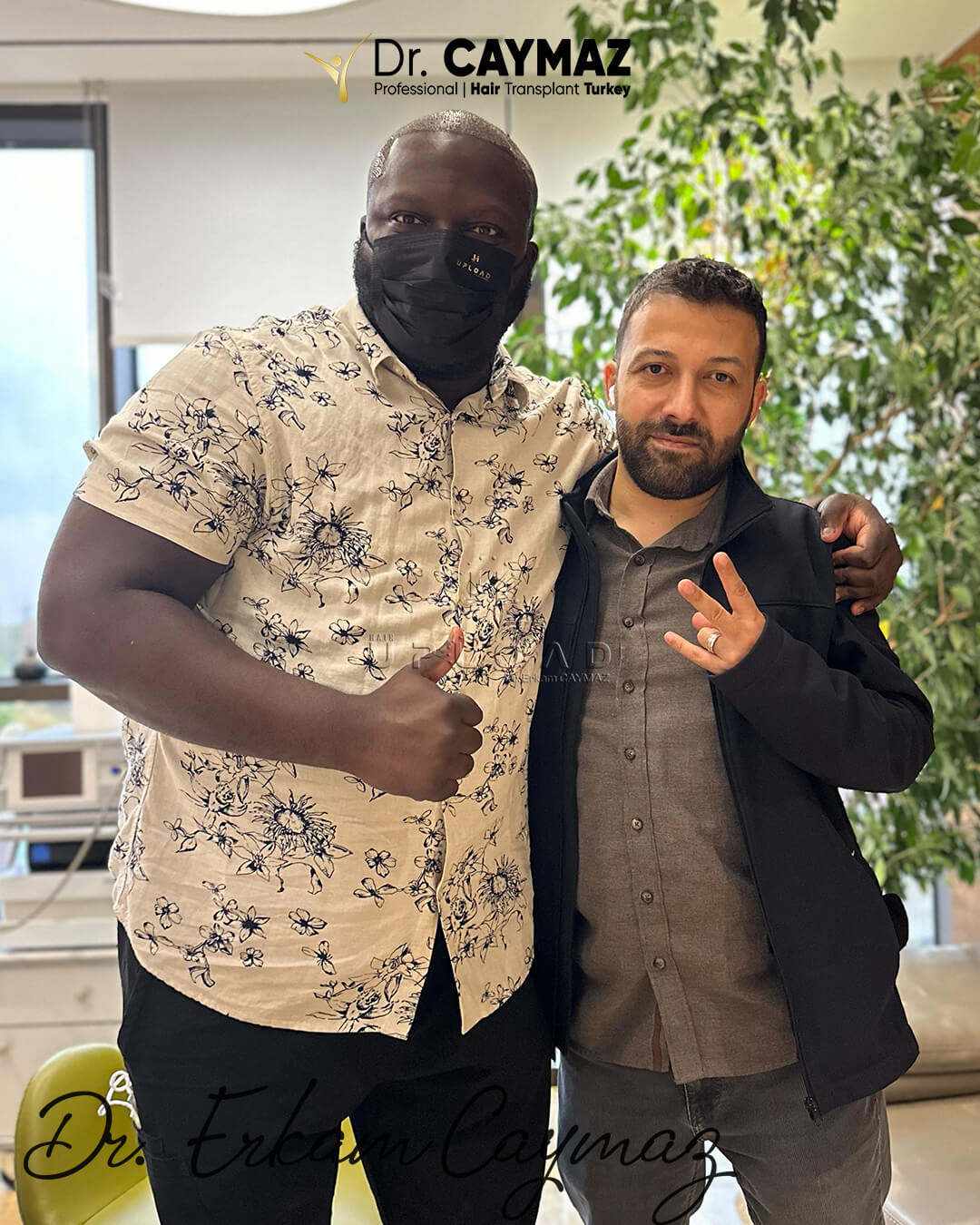Sports, which some people enjoy as a pleasure and others for health reasons, are gaining a significant presence in the lives of many people as their popularity grows. One of the concerns raised by folks who are interested in sports and considering a hair transplant is whether participating in sports after the procedure will harm the transplanted hair follicles.
Hair transplantation is one of the surgical procedures used to address aesthetic issues. Three days following the operation, the patient can resume his normal routine. Despite the fact that the operation was successful, the fact that the patients followed some crucial steps after the operation resulted in a total success boosts the operation’s success greatly. The issue of sports after hair transplantation is an important point that the patient should adhere to, and it is an important issue that the patient should focus on in order to improve the success of the operation. Simple exercises and bodybuilding activities, for example, have different effects on the body.
Heavy sports after hair transplantation cause severe bodily strain, hair follicle displacement, and perspiration; it is a condition that raises blood pressure and causes the pulse to beat faster, resulting in bleeding of the channels where the hair follicles are inserted. As a result, for the first month after surgery, sports other than yoga and light walking are not recommended. While light-intensity walks or light sports like yoga, which do not cause the body to sweat or strain, can be done 3–7 days after the procedure, activities like swimming, bodybuilding, jogging, football, and volleyball can be done after roughly 4 weeks if specific guidelines are observed.
Does Dandruff Occur After Hair Transplantation?
Dandruff is a skin condition that can affect both men and women. Dandruff is not considered a major concern until it causes an aesthetic issue. Hair transplantation is one of the applications that might be preferred when a person’s hair is thinning or balding. Redness, crusting, or dandruff formation on the skin is common following hair transplantation and may occur within 1-3 months.
Pimples and dandruff forms are also considered normal in the hair transplant area. This can happen during the healing process, and it’s common to notice that all concerns go away quickly. If your dandruff is severe, you should get medical advice before using dandruff shampoos. The occurrence of dandruff is therefore avoided.
What Should Be the Diet After Hair Transplantation?
After hair transplantation, the topic of nutrition, which is often overlooked but is the most crucial aspect of our lives, becomes much more significant. Our diet has a significant impact on the transplanted hair follicles’ adaptability. For this, we must pay attention to our nutrition as well as our new hair follicles.
Grain and wheat-derived foods should be avoided for 15 days after hair transplantation. Animal foods, milk, fermented foods, and pickles should also be avoided. In this step, oil consumption is important. Animal oils, on the other hand, can aggravate acne, so it’s best to keep them to a minimum. Processed meals, cigarettes, alcohol, hookahs, and other recreational drugs should also be avoided. It is critical to avoid tea and caffeine-containing beverages for three days following surgery to ensure a healthy recovery.






